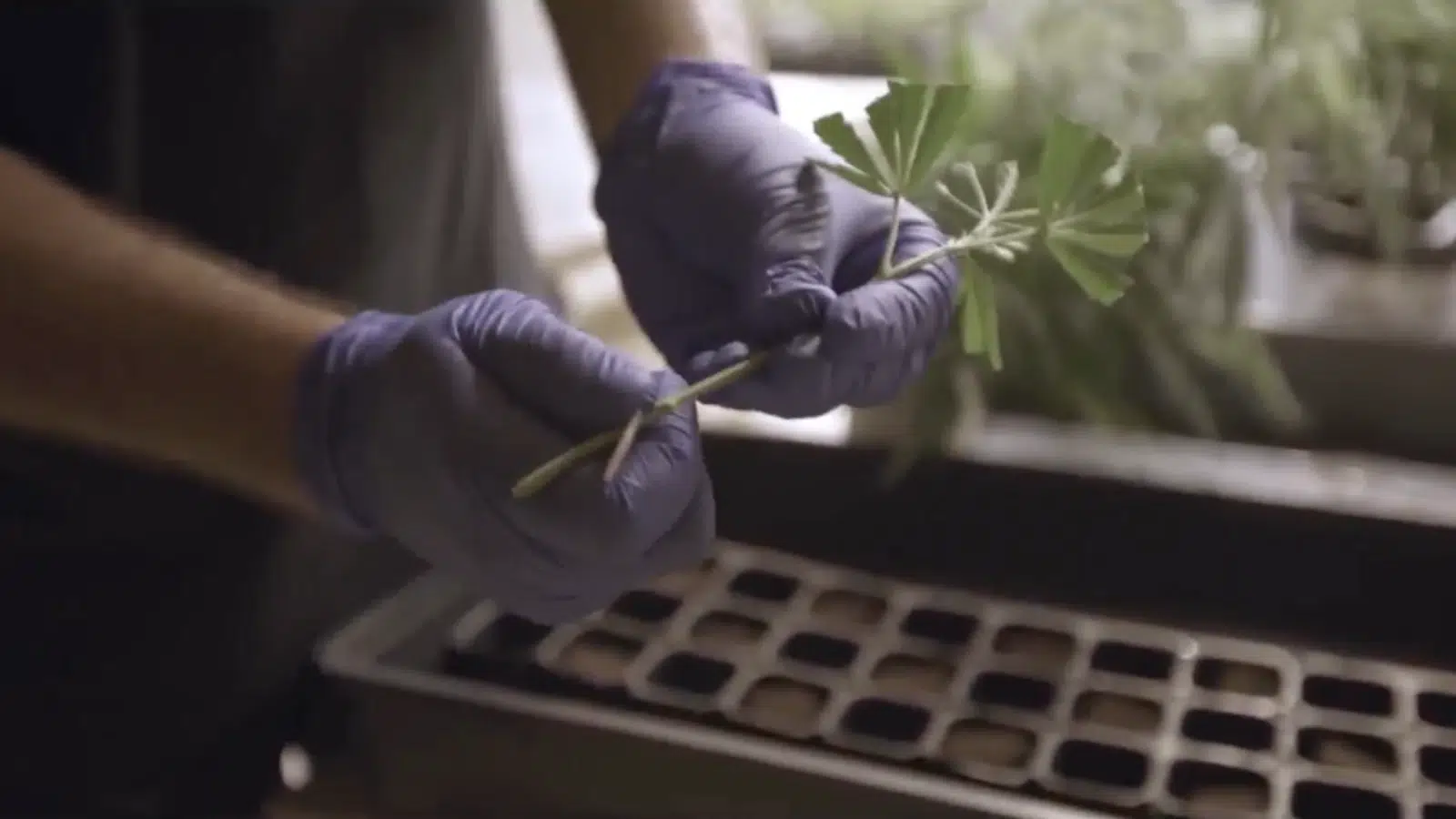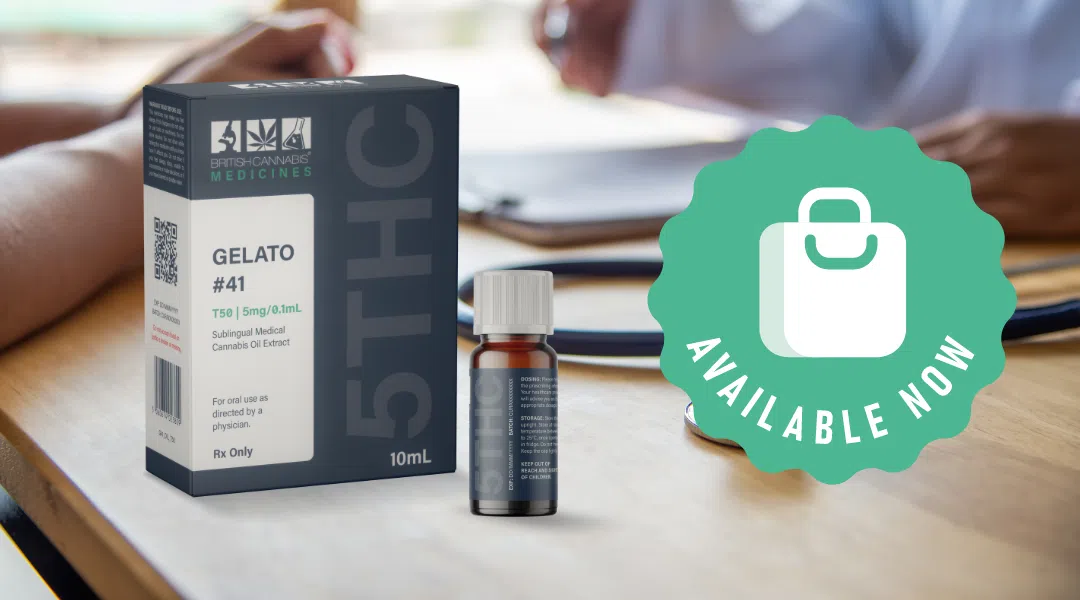
Latest Study Dispels Popular Cannabis Myth! No Psychosis Links Found in High-Risk Adolescents!
In groundbreaking news shaking the cannabis arena, a recent study released in the renowned journal Psychiatry Research decimates the myth linking chronic recreational cannabis use to the onset of psychosis in adolescents considered high-risk for the disorder. This scientific investigation, over a two-year duration, carried out by top-drawer researchers affiliated with Hofstra University in New York and Stanford University in California, draws an unwavering line separating fact from fiction.
Key Takeaways:
- No evidence points to cannabis use escalating risks of psychosis in high-risk teenagers.
- High-risk cannabis users showed non-significant elevated attenuated positive symptom levels compared to non-users.
- High-risk cannabis users portrayed improved clinical symptoms over time despite decreased medication usage.
- Neurocognition and social functioning in high-risk cannabis users appear to be superior to non-users.
The in-depth study embraced a wide demographic cross-section spanning multiple races and genders, predominately involving school-enrolled adolescents under 18 with a mean age of 16.4 years. The comprehensive fact-finding mission laid out a surprising revelation – continuous cannabis use over two years displayed no signs of increasing the potential for psychosis, and neither did it augment clinical symptoms, functioning levels, or overall neurocognition.
Study Findings
The study authors elucidated, “At baseline, there was an overall significant difference between the subgroups on age, with the ‘No Use’ subgroup being the youngest at 16.1 years old and the other two subgroups about a year older on average.”
Their findings uncovered that contrary to popular belief, continuous cannabis consumption might only lead to minimally elevated attenuated positive symptom levels compared to non-users. The infinitesimal difference contributed negligibly to any hike in psychosis onset.
Neurological Health Factors
The study’s examination of other neurological health factors in the same demographic unveiled that surprisingly, Clinical High Risk (CHR) youth who used cannabis had higher neurocognition scores, improved social functioning, and decreased medication usage over time, despite better clinical symptomology.
In line with the findings, a former study covered by Leafie discloses corresponding results – they too found no substantial link between the progression of psychotic disorders and cannabis use involving a high-risk group comprising predominantly 400 individuals.
BRITISH CANNABIS™ Response:
This latest breakthrough study is a huge leap forward in understanding the true effects of cannabis use in society today, discrediting fears and busting myths. It paints a fresh new narrative around cannabis, shedding light on the hazy links between marijuana consumption and adverse health impacts commonly associated with it, specifically among vulnerable youth. As always, further research is welcomed and integral in imparting fuller insights into cannabis use and its health implications.
Share this post
Newsletter







